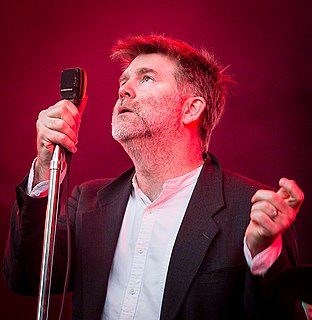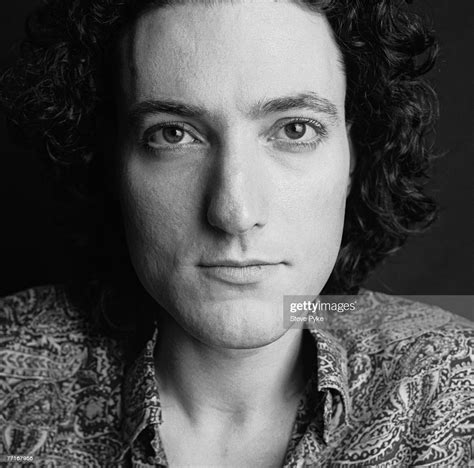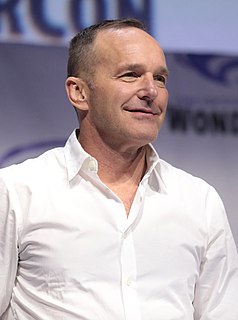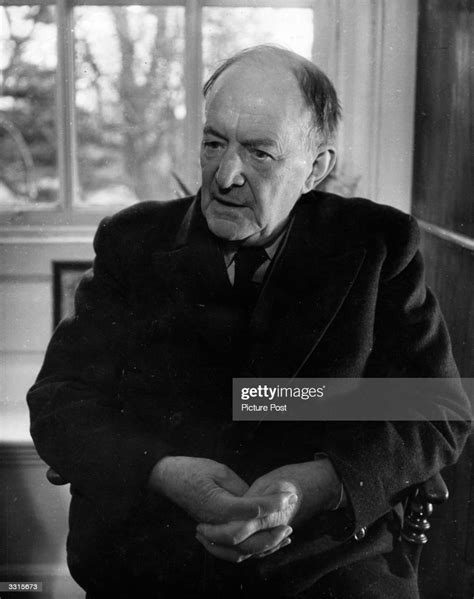A Quote by Quentin Tarantino
Emotion will always win over coolness and cleverness. It's when a scene works emotionally and it's cool and clever, then it's great. That's what you want.
Related Quotes
There are all these awards that you've never heard of, and you get nominated, and suddenly you're at these awards shows, so you really don't care if you win. You really don't. You're going there, you're getting dressed up. And then you get to the awards show, and you sit down. You walk the red carpet. Everybody loves you. It's great. You sit down, and all of a sudden your category comes up, and you get nervous. And it's a complicated emotion, because it's not like you absolutely want to win, but then you don't want to lose.
Cool is spent. Cool is empty. Cool is ex post facto. When advertisers and pundits hoard a word, you know it's time to retire from it. To move on. I want to suggest, therefore, that we begin to avoid cool now. Cool is a trick to get you to buy garments made by sweatshop laborers in Third World countries. Cool is the Triumph of the Will. Cool enables you to step over bodies. Cool enables you to look the other way. Cool makes you functional, eager for routine distraction, passive, doped, stupid.
When we approach games, we're always emotional-focused, so if a free-to-play business model works against the emotion, we won't use it. If it actually works well with the emotion, or if we can come up with a new way to do monetization that's different and that's unique for the game, I would go for that.






































